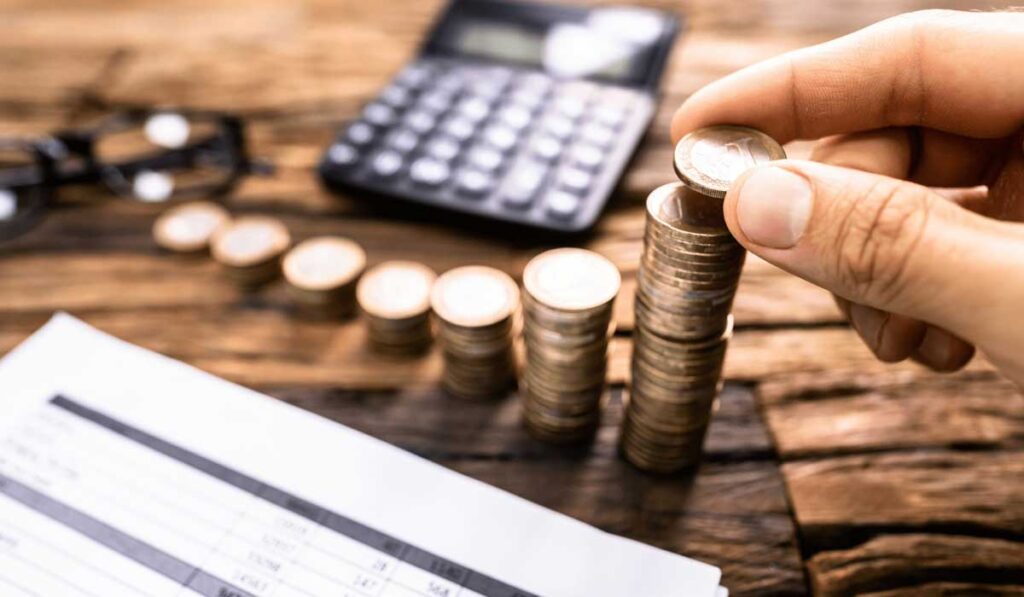State of São Paulo improves conditions for negotiating outstanding debts
The São Paulo state government has passed a law that improves the conditions for negotiating debts registered as outstanding. The matter was published on November 8 through Law No. 17,843 of 2023. The transaction can be carried out in two ways: By adhesion, when the taxpayer adheres to the terms and conditions established in a […]
STJ authorizes ICMS credit on intermediate materials that are not immediately consumed in the production process
In a recent decision, the Superior Court of Justice (STJ) recognized the right of a taxpayer to take advantage of ICMS credits arising from the acquisition of intermediate products, even if they are consumed or have been worn out during the production process, simply by proving the need for their use in the company’s core […]
TRF of the 2nd Region recognizes right to PIS and COFINS credit on expenses incurred in adapting to the LGPD
In an appeal against a company providing digital payment services, the Federal Regional Court of the 2nd Region recognized the company’s right to use PIS and COFINS credits for expenses incurred in complying with the General Data Protection Law. For the court, the company’s compliance with the law was considered mandatory and indispensable, even more […]
Forklift fuel costs generate PIS credits
The 3rd Panel of the Superior Chamber of the Administrative Council for Tax Appeals (CARF) allowed PIS/PASEP credits to be taken on fuel expenses for a rented forklift. The decision went against the ruling of the Ordinary Panel, which had denied the right to the credit since the taxpayer used LPG fuel in a rented […]
STF validates IOF levy on loan contracts involving non-financial institutions
On October 9, the Federal Supreme Court (STF) finalized its ruling on Theme 104 (Extraordinary Appeal No. 590.186/RS), which discussed the constitutionality of article 13 of Law No. 9.779/1999, since this provision provides for IOF to be levied on “credit operations” granted by legal entities not classified as financial institutions. The Court unanimously dismissed the […]
Attorney General’s Office extends deadline for negotiating tax debts with discounts
The Attorney General’s Office of the National Treasury published PGDAU Notice No. 4/2023, extending until December 28, 2023 the deadline for adherence to various negotiation modalities for debts registered as active federal debt. Negotiations include discounts on the value of debts, easy down payments, the possibility of using precatory payments and extended payment terms. During […]
São Paulo federal court limits third-party contributions to a ceiling of 20 minimum wages
The judge of the 1st Federal Court of São Bernardo do Campo granted a preliminary injunction to limit contributions owed to third parties, such as those to SISTEMA S, INCRA and salário-educação, to the ceiling of 20 minimum wages. The discussion on the limitation of contributions to third parties is not new, so much so […]
Taxing the super-rich: closed-end funds face tax changes in Brazil

Provisional Measure 1184/23 was published , which provides for income tax to be levied in advance on income from funds closed within the country, the so-called onshore funds. Currently, the income tax rate on closed-end funds is 15%, levied only on the redemption of shares or amortization. The current form of taxation allows investors to […]
CARF allows rural producer to use tax benefit
The Superior Chamber of the Administrative Council for Tax Appeals ( CARF) has authorized a rural producer to benefit from accelerated depreciation in relation to sugarcane plantations, which allows for a significant reduction in the calculation of Corporate Income Tax (IRPJ) and Social Contribution on Net Profits (CSLL). The decision in favor of the taxpayer […]
Commissions paid to real estate brokers do not constitute taxable income for the real estate company
The Administrative Council for Tax Appeals (CARF) ruled that Corporate Income Tax, Social Contribution on Net Profits, PIS and COFINS should not be levied on amounts received by self-employed brokers when selling real estate. The unanimous decision considered that the commissions paid by the buyers of the properties directly to the brokers do not constitute […]
